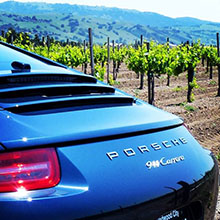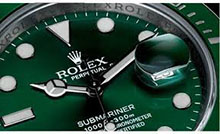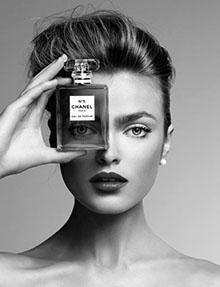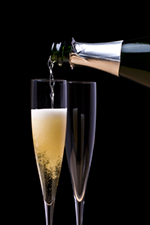|
| |
| Recent Labels |
| |
| Non-Vintage |
|
|
|
|
| |
| |
| |
Krug Rose' Champagne
Krug Rose' is, like Krug Grand Cuvee, a rare combination of prestige cuvee and non-vintage champagne. Krug Rose' is an elegant but intense champagne. It is also very nicely balanced. You should not have difficulty located a bottle. Krug Rose' ratings are provided along with details about Krug's unique viticulture and winemaking practices.
| Krug Rose' |
| Type |
|
|
|
|
| Category: |
Rose' |
Prestige Cuvée: |
Yes |
|
| |
| Ratings (on a scale of 100) |
|
|
|
|
| Champagne 411 |
93 |
Apr. 2013 |
|
Average Retail Price |
| Wine Enthusiast |
94 |
12/01/10 |
|
(750 ml bottle) $320 |
| Wine Spectator |
95 |
11/30/13 |
|
|
|
|
|
|
|
|
Tasting Notes
Appearance: Pale salmon, ample fine bead.
Aroma/bouquet: Strawberry, peach, ginger, rose petal, toasted almond.
Palate: Pear, strawberry, orange zest, toast, lots of minerality.
Additional comments: Elegant but intense. Very nicely balanced. Yeastiness opens slowly.
When to drink: Krug Rose' Champagne is ready to drink at release and for five or more years after.
| Rose' Details
Label: Krug Rose'
House/Winery: Champagne Krug
Wine Category: Sparkling Wine
Region & Country: Champagne, France
Type (Style): Vintage
Sweetness Level: Brut
Dosage: na
Prestige cuvée: Yes
Vineyards: NA
Grapes: Pinot Noir, Chardonnay, Pinot Meunier. Percentage varies by year.
Alcohol: 12%
Go to Champagne Details for a description of the above types, characteristics, and grapes. |
Krug Rose'
Production
Krug uses the méthode champenoise for their champagne production. The Rose' is composed of the three major champagne grapes: Pinot Noir, Chardonnay and Pinot Meunier. Percentages vary each year. A wide range of vintage wines are included in the blend. The main focus is to identify wines that will deliver consistency and excellence. Skin fermented Pinot Noir is added to the blend to maintain uniformity in color and taste. Krug Rose' spends a minimum of five years in the cellars.
Krug is distinctive in viticulture and winemaking practices. Grapes from the best vineyards throughout the area are processed separately during primary fermentation in 205 liter old oak barrels. After fermentation and some weeks in the barrel, wine is transferred to reserve tanks. The composition for the blend for final bottle fermentation is determined completely by taste. Although many of Krug's grapes come from grand cru vineyards, tasting is what makes the decision as to what wines will be used. A panel tastes each wine blind over a period of months from fall to spring with no concern as to whether it is a grand cru or even a premier cru.
|
|
|
| San Francisco International Wine Competition |
2008 |
Silver |
| |
|
|
| Le Guide Hachette des Vins |
2005 |
3 Stars |
| |
|
|
| Le Guide Hachette des Vins |
2002 |
2 Stars |
| |
|
|
| Le Guide Hachette des Vins |
2001 |
3 Stars |
| |
|
Coup de coeur |
| |
|
|
|
|





